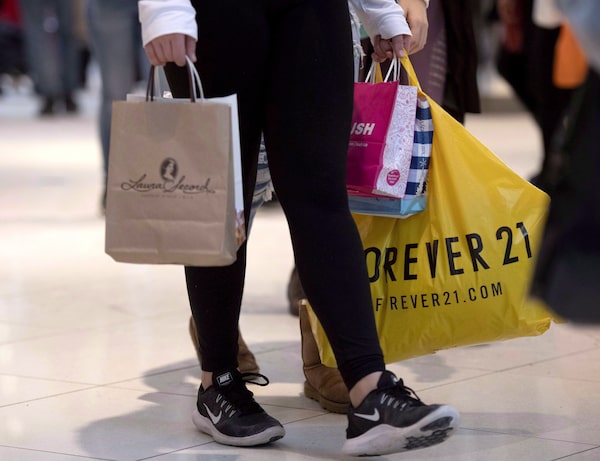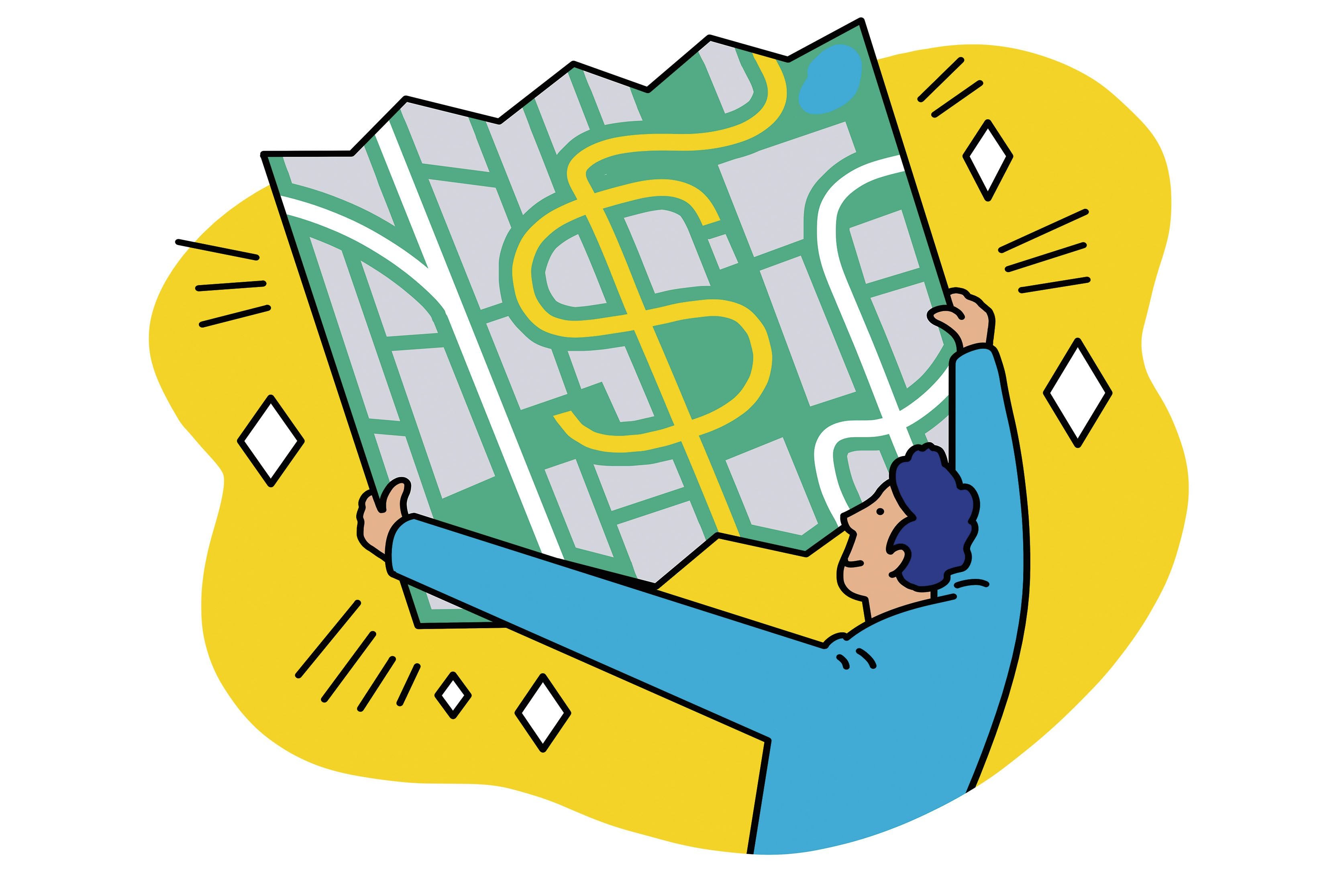
Consumer spending has remained sturdy throughout the first half of 2023, despite rising prices and the most aggressive interest rate-hike cycle in decades.Justin Tang/The Canadian Press
Getting caught up on a week that got away? Here’s your weekly digest of the Globe’s most essential business and investing stories, with insights and analysis from the pros, stock tips, portfolio strategies and more.
Canadians’ spending presents a real problem for Bank of Canada’s inflation plan
Canadian consumers and their open wallets are posing a real problem for the Bank of Canada and its plan to tame inflation. Consumer spending has remained sturdy throughout the first half of 2023, despite rising prices and the most aggressive interest rate-hike cycle in decades. The central bank restarted monetary policy tightening in June, blaming shoppers who continue to splurge on travel, entertainment and restaurants. The resilience of the Canadian consumer has surprised economists and confounded central bankers, reports Mark Rendell. But what does that mean for interest rates, inflation and the broader economy through the back half of 2023?
A handy tool to minimize inflation in your grocery bill
Is the total of your weekly grocery bill looking a lot higher lately? Blame food inflation. While Canada’s annual rate of inflation fell to 2.8 per cent in June, the price of food bought in stores was still 9.1 per cent above what it was a year earlier. Food inflation is hitting staples like bread and pasta due to global disruptions of wheat, meanwhile seafood has seen some of the smallest price increases over the past several years, Erica Alini reports. If you’re looking for more ways to shield your grocery cart from inflation, this calculator will help you spot ways to bring down the costs at the supermarket.
Loblaw reports $508-million profit jump in second quarter
Meanwhile, grocery giant Loblaw Cos. Ltd. reported a profit of $508-million in the second quarter ending June 17. Sales growth was driven by inflation-weary shoppers continuing to visit its discount grocery stores more frequently, such as No Frills, Maxi and Real Canadian Superstore, reports Susan Krashinsky Robertson. Grocers have faced criticism from politicians and the public for not doing enough to combat food inflation, but chief financial officer Richard Dufresne is placing the blame on suppliers who have increased their prices by more than $1-billion so far this year: “With lowered costs, we will lower prices.”
How long will the market calm last? Just look at the VIX
The summer has been unusually calm for markets despite the war in Ukraine, China’s faltering economy and the possibility of more U.S. Federal Reserve rate hikes on the horizon. Why? Well, just look at the the CBOE Volatility Index, or VIX – the measure of the implied volatility of the S&P 500 index. The VIX now sits just above 13, close to its lowest level since the pandemic began, after spiking above 30 in March amid the U.S. banking crisis. Jason Kirby takes a closer look at more than 30 years of VIX daily movements and analyzes whether the calm will last in the latter half of the year.
As home prices soar, Habitat for Humanity helps higher-income Canadians buy properties
Habitat for Humanity is seeing a profound change in who it assists in getting home loans. After decades of helping low-income Canadians get into homes, the charity is increasingly backstopping mortgage loans for higher-income households, including those earning about $100,000 a year, in yet another sign of how unaffordable Canada has become. Rachelle Younglai reports that the clientele shift is most prominent in the Toronto region, the country’s second-priciest real estate market. In fact, the average household income required to qualify for Habitat aid in the Toronto region was $85,352 last year, compared with $53,508 in 2018.
Laurentian shares slide as leading buyout contenders decline to make an offer
Laurentian Bank of Canada’s share price slumped as much as 9 per cent in early trading on Friday as its month-end deadline for takeover offers nears. Canada’s ninth-largest lender put itself up for sale in early July after its profitability and stock price significantly underperformed those of rival banks for several years. Bank of Nova Scotia and Toronto-Dominion Bank have decided not to submit a bid despite being top contenders, Stefanie Marotta and Andrew Willis reported this week, and their decisions to bow out lowers the probability of a sale by 50 per cent. Analysts expect Laurentian to make a final decision on an acquirer before the bank reports its financial results on Aug. 30.
Now that you’re all caught up, prepare for the week ahead with the Globe’s investing calendar.

Ready to think about your (eventual) financial freedom?
Introducing Retire Rich Roadmap, a 5-part newsletter course to set you up with the tools you need to think about retirement, whether that's happening now or in a few decades. Sign up now – each lesson will land in your inbox on Thursday.